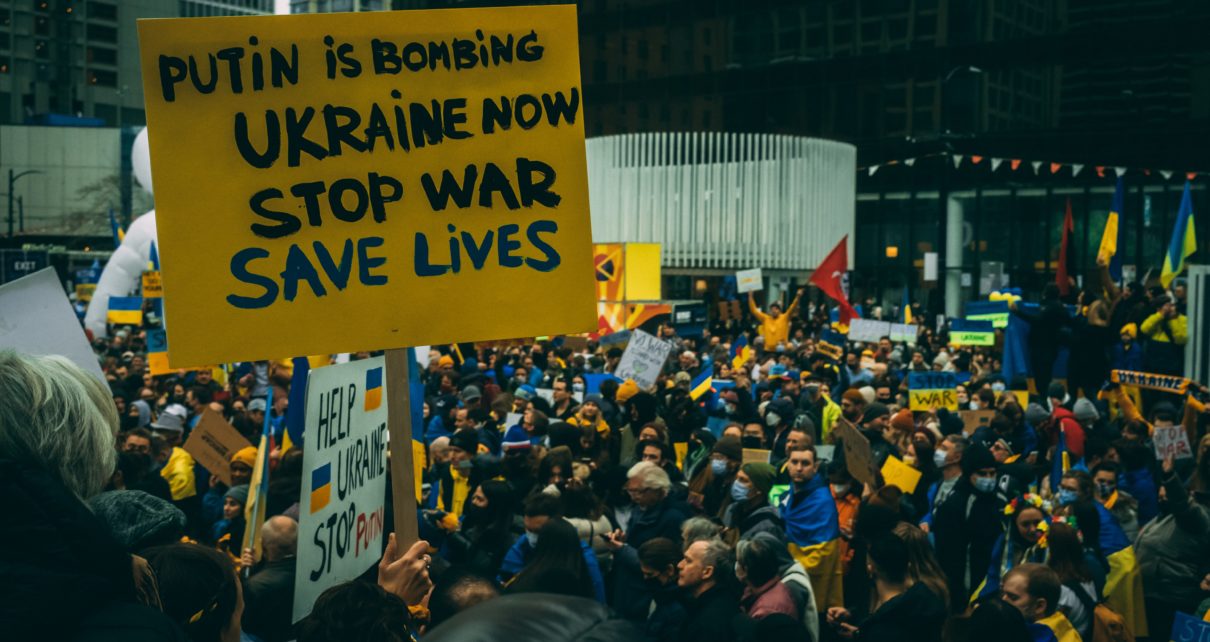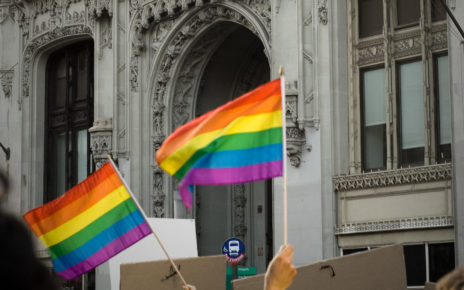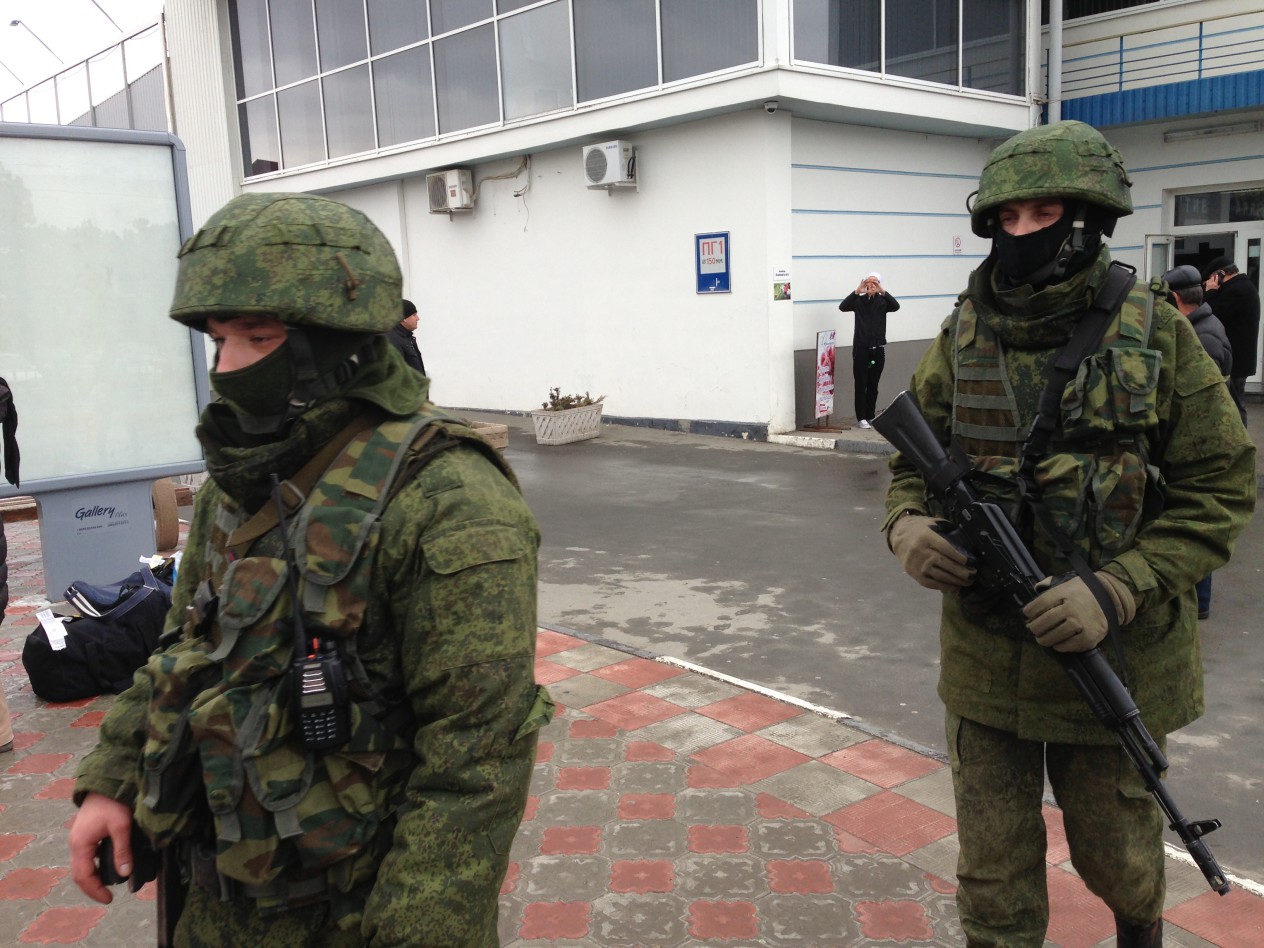Military spending boosted as public awareness of defense rises.
The Russian invasion of Ukraine, which began on February 24, 2022, reminded the Canadian public that democratic peace and the rules-based international order cannot be taken for granted. It must be actively protected. Russia’s invasion was seemingly unprovoked. It targeted civilians and broke various international laws—stirring international concern.
According to an IPSOS poll from March 2022, just under half of Canadians polled believed that Canada’s government was doing enough to assist Ukraine, while 39% criticized the government for not doing enough to help. A substantial majority agree with imposing additional economic sanctions on Russia, providing the Ukrainian military with weapons and ammunition, and sending Canadian Forces personnel to countries neighboring Ukraine to deter further Russian aggression. In addition, 73% of Canadians expressed concern about the implications of Russia’s invasion of Ukraine for Canada’s own national security.
The invasion of Ukraine has grabbed public attention in Canada and prompted the federal government to spend more in the fight against Russia. In April 2022, Canada’s federal government announced $8 billion in new national defense funding over the next five years. This is in addition to the already planned increase in defense funding that was laid out in Canada’s 2017 defense policy, entitled Strong, Secure, Engaged.
Canadian public opinion is reflected in the latest federal budget that earmarked an additional $500 million to support Ukraine and increased Canada’s defense spending from 1.39% to 1.5% of the country’s overall Gross Domestic Product (GDP). Although Canada’s defense spending is still below the NATO-wide spending target of 2% of each member country’s GDP, it is a step in the right direction.
Parallels can be drawn between the federal government’s treatment of the current crisis in Ukraine and the conflict in Syria that began in 2011. In 2015, a photo of Alan Kurdi, a three-year-old boy who’s lifeless body was discovered lying on a Turkish beach, brought public attention to the Syrian conflict and grabbed headlines around the globe. The shock and horror Canadians felt when they saw that image is being mirrored now when they are learning about the atrocities Russian forces are committing in Ukraine.
In 2015, former defense minister Jason Kenney announced that the Canadian government was projected to spend $528 million that year in the war in Iraq and Syria. In 2016, after the photo of Kurdi was splashed across headlines, the government invested another $325 million over six years in an attempt to stabilize the situation in Syria and assist in creating security programs there. This funding, like the $500 million dedicated to Ukraine, aims to reduce conflict and prevent further death and despair.
While defense spending during the Syrian conflict was not accompanied by an overall increase in the defense budget like in 2022, public opinion prompted the government to take action. In both instances, Canadians have been able to voice their opinions and shape the decisions their political representatives make. Canada is a democratic country, thus public opinion has been able to guide its political and military decisions in response to the Ukraine conflict that reflect Canadian values and ideals. Canadians and their representatives believe in the principles of democracy and following international agreements and laws. Russia, however, has shown the world how little it respects both of these norms. The reason for the abrupt boost in this year’s military budget is clear: Russia’s invasion of Ukraine requires a military response, and Canada requires further investment in its defense capabilities to help.
Photo: Protest in support of Ukraine with sign in focus reading “Putin is bombing Ukraine now. Stop war, save lives.” via @bcmplo on Unsplash, 2022, https://unsplash.com/photos/Yhu84Focu2o
Disclaimer: Any views or opinions expressed in articles are solely those of the authors and do not necessarily represent the views of the NATO Association of Canada.





